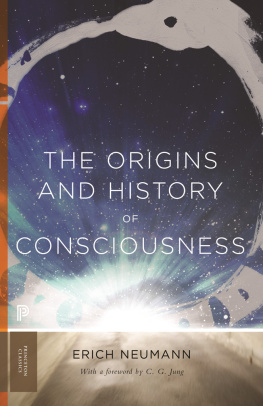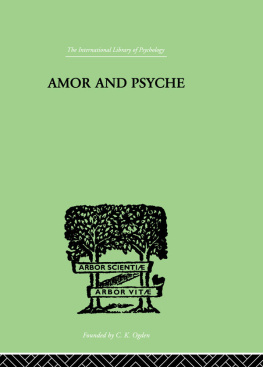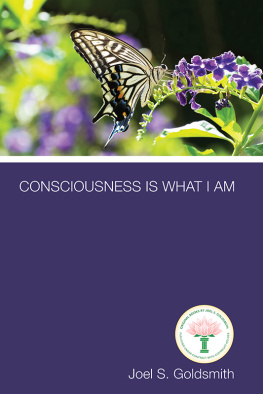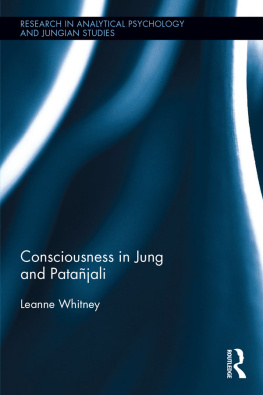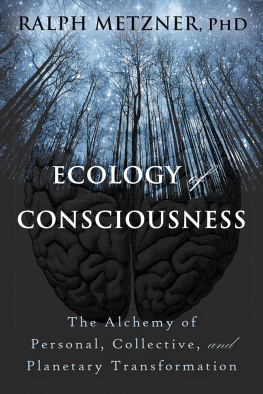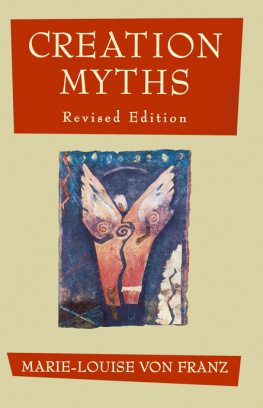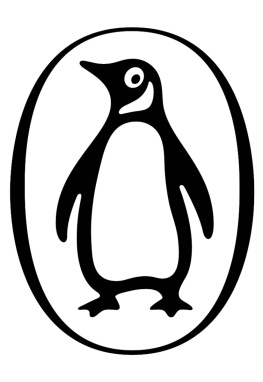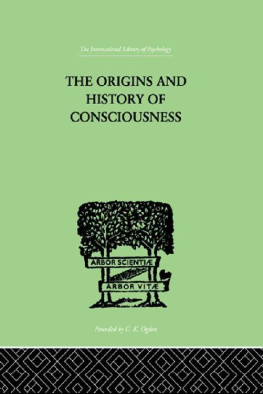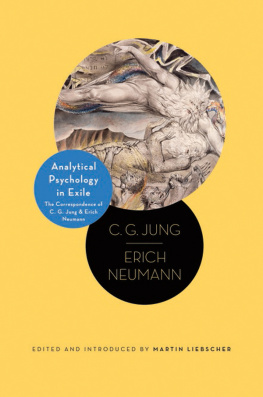BOLLINGEN SERIES XLII
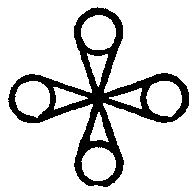
THE UROBOROS
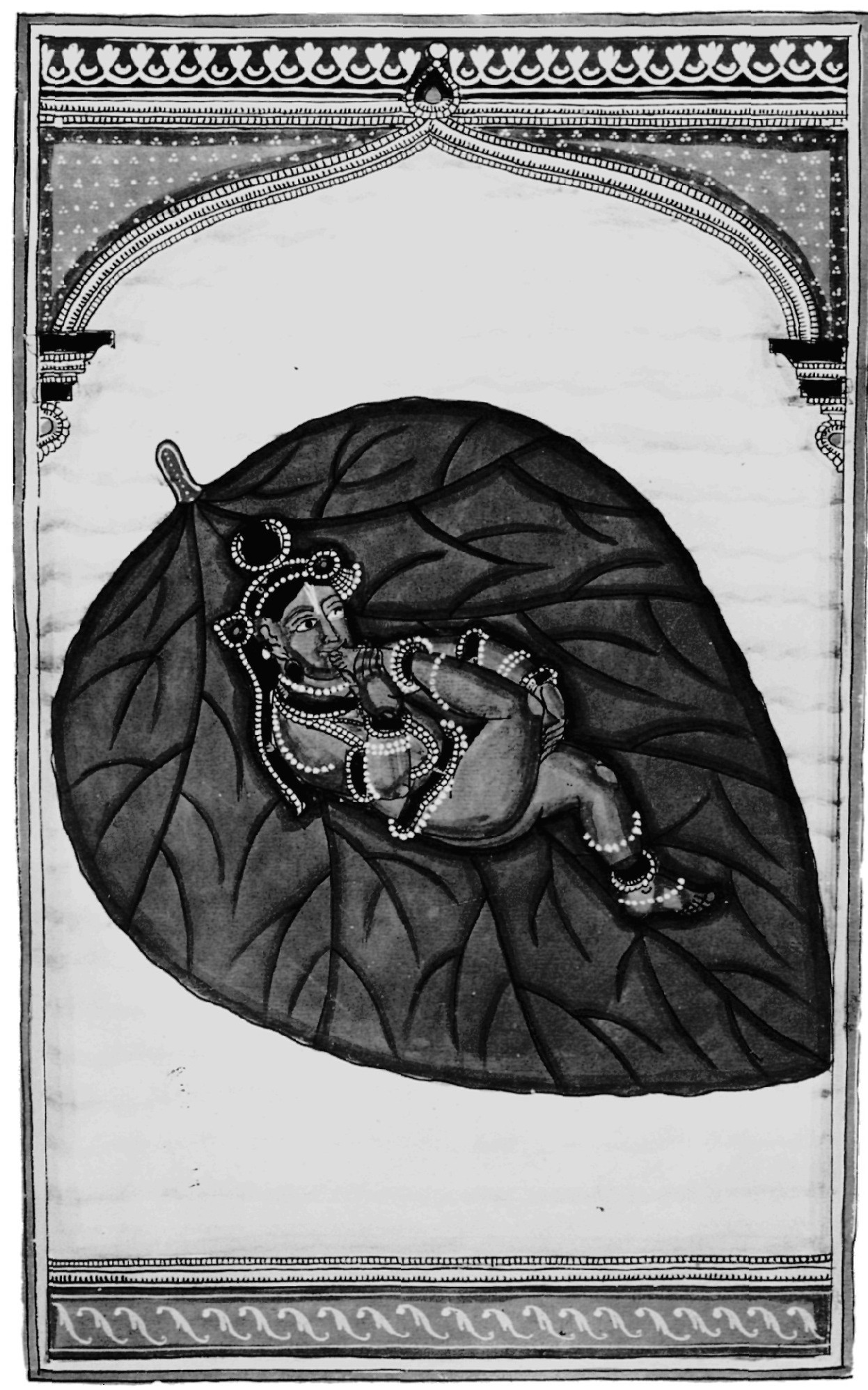
l. The Birth of Vishnu
India, illustration from an 18th-century manuscript
ERICH NEUMANN
THE
ORIGINS AND HISTORY
OF
CONSCIOUSNESS
WITH A FOREWORD BY C. G. JUNG
TRANSLATED FROM THE GERMAN
BY R. F. C. HULL
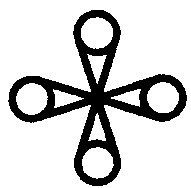
BOLLINGEN SERIES XLII

PRINCETON UNIVERSITY PRESS
Copyright 1954 by Bollingen Foundation Inc., New York, N.Y.
Published by Princeton University Press
41 William Street, Princeton, N.J. 08540
In the United Kingdom: Princeton University Press, 6 Oxford Street,
Woodstock, Oxfordshire OX20 1TW
press.princeton.edu
First Princeton/Bollingen Paperback Printing, 1970
Eleventh paperback printing, and first printing for the Mythos series,
1995
First Princeton Classics edition, 2014
Paperback ISBN 978-0-691-16359-8
Library of Congress Control Number 2014940431
THIS VOLUME IS THE FORTY-SECOND IN A SERIES OF BOOKS
SPONSORED BY BOLLINGEN FOUNDATION.
Originally published in German as
Ursprungsgeschichte des Bewusstseins
by Rascher Verlag, Zurich, 1949
eISBN: 978-0-691-20999-9
R0
He whose vision cannot cover
Historys three thousand years,
Must in outer darkness hover,
Live within the days frontiers.
GOETHE, Weststlicher Diwan
TRANSLATORS NOTE
THE PRESENT EDITION of this book contains the authors corrections and revisions of his original text. Certain minor omissions, mostly of repetitive material, have been made with his permission, and a few small passages added in connection with the illustrations, which the author has assembled for this edition.
Quotations are in most cases taken from or based upon the standard English or American translations indicated in the footnotes; but where it was necessary to translate directly from the German texts cited by the author, reference is made to the German sources only.
I would like to express my most cordial thanks to Dr. Gerhard Adler for his help in elucidating many difficult passages in the text, and for his careful revision of the translation in typescript.
R. F. C. HULL
NOTE OF ACKNOWLEDGMENT
GRATEFUL ACKNOWLEDGMENT for permission to quote is made to the following: the Cambridge University Press for illustrations and text passages from J. M. Woodward, PERSEUS; The Dial Press, New York, for the prefatory motto, from THE PERMANENT GOETHE, edited by Thomas Mann, copyright 1948 by The Dial Press; Harrap and Co., London, for a passage from J. C. Andersen, MYTHS AND LEGENDS OF THE POLYNESIANS; the Princeton University Press for a part of E. A. Speisers translation of the Gilgamesh Epic, from ANCIENT NEAR EASTERN TEXTS, edited by J. B. Pritchard; to Routledge and Kegan Paul, London, for a passage from E. A. Wallis Budges translation of the Egyptian Book of the Dead; and to the Viking Press, New York, for D. H. Lawrences poem The Ship of Death, from his LAST POEMS, copyright 1933 by Frieda Lawrence.
CONTENTS
vi
vi
xi
xiii
xv
5
39
102
131
152
170
195
220
261
266
275
286
293
306
315
320
321
335
342
349
356
363
381
397
407
409
421
436
445
461
LIST OF ILLUSTRATIONS
Frontispiece:
THE UROBOROS
Following page :
Following page :
THE GREAT MOTHER
Following page :
THE SEPARATION OF THE WORLD PARENTS
Following page :
THE HERO MYTH
Following page :
TRANSFORMATION, OR OSIRIS
FOREWORD
T HE AUTHOR has requested me to preface his book with a few words of introduction, and to this I accede all the more readily because I found his work more than usually welcome. It begins just where I, too, if I were granted a second lease of life, would start to gather up the disjecta membra of my own writings, to sift out all those beginnings without continuations and knead them into a whole. As I read through the manuscript of this book it became clear to me how great are the disadvantages of pioneer work: one stumbles through unknown regions; one is led astray by analogies, forever losing the Ariadne thread; one is overwhelmed by new impressions and new possibilities, and the worst disadvantage of all is that the pioneer only knows afterwards what he should have known before. The second generation has the advantage of a clearer, if still incomplete, picture; certain landmarks that at least lie on the frontiers of the essential have grown familiar, and one now knows what must be known if one is to explore the newly discovered territory. Thus forewarned and forearmed, a representative of the second generation can spot the most distant connections; he can unravel problems and give a coherent account of the whole field of study, whose full extent the pioneer can only survey at the end of his lifes work.
This difficult and meritorious task the author has performed with outstanding success. He has woven his facts into a pattern and created a unified whole, which no pioneer could have done nor could ever have attempted to do. As though in confirmation of this, the present work opens at the very place where I unwittingly made landfall on the new continent long ago, namely the realm of matriarchal symbolism; and, as a conceptual framework for his discoveries, the author uses a symbol whose significance first dawned on me in my recent writings on the psychology of alchemy: the uroboros. Upon this foundation he has succeeded in constructing a unique history of the evolution of consciousness, and at the same time in representing the body of myths as the phenomenology of this same evolution. In this way he arrives at conclusions and insights which are among the most important ever to be reached in this field.
Naturally to me, as a psychologist, the most valuable aspect of the work is the fundamental contribution it makes to a psychology of the unconscious. The author has placed the concepts of analytical psychologywhich for many people are so bewilderingon a firm evolutionary basis, and erected upon this a comprehensive structure in which the empirical forms of thought find their rightful place. No system can ever dispense with an over-all hypothesis which in its turn depends upon the temperament and subjective assumptions of the author as well as upon objective data. This factor is of the greatest importance in psychology, for the personal equation colors the mode of seeing. Ultimate truth, if there be such a thing, demands the concert of many voices.

